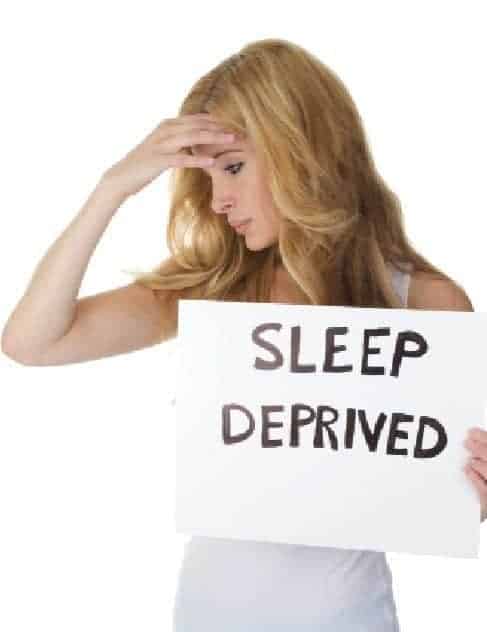
Having diabetes also slightly increased insomnia-related stroke risk in the study population.
The investigation is among the first to attempt to quantify stroke risk associated with sleep deprivation in a large population, and the first to examine whether different insomnia subtypes have differing impacts on risk, according to the researchers.
“This study identifies insomnia as an independent risk factor for stroke in young adults, and that is new,” said Dr. Demetrius Lopes, director of neuroendovascular surgery at Rush University Medical Center in Chicago, who did not participate in the research.
Much of the research on sleep and stroke has focused on sleep apnea, sleep-disordered breathing and sleep duration, with far less research on insomnia, the researchers noted.
“The few studies examining the associations between insomnia and stroke were limited by focusing on insomnia among patients with stroke,” they wrote, so it was not clear whether the insomnia was a precursor to the development of stroke.
In an effort to find out, the research team conducted a longitudinal analysis of data from the Taiwan National Health Insurance Research Database to assess the influence of insomnia on the risk of hospitalization for stroke over a four-year follow-up period.
The study included 21,438 insomniacs (mean age 52) and 64,314 people without insomnia (mean age 51). Insomniacs had a 54% higher risk of developing stroke than their non-insomniac peers.
Study limitations cited by the researchers included the possibility of sampling bias and the possibility that people in the control group may have had undiagnosed and untreated insomnia.
They concluded that people with insomnia have higher incidences and risks for stroke compared with people without insomnia, especially young people.
“More prospective studies with representative populations and longer follow-up are needed to identify the long-term risks of developing stroke by insomnia subtypes,” they wrote. “In addition, the pathophysiological pathways connecting insomnia and stroke need to be investigated.”




